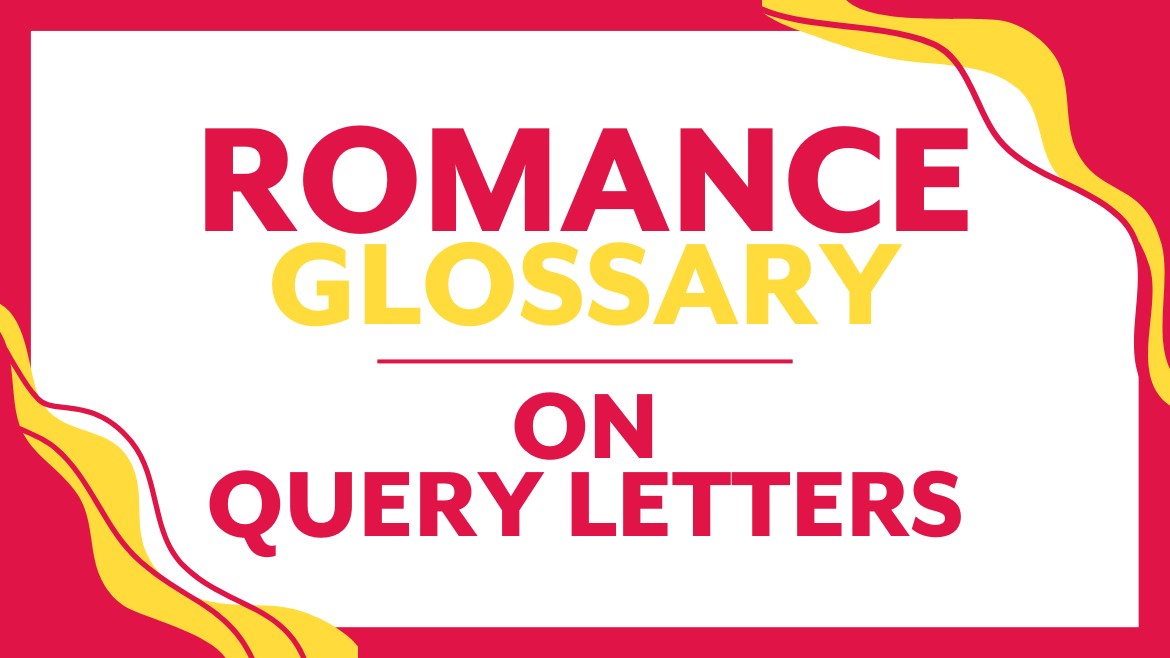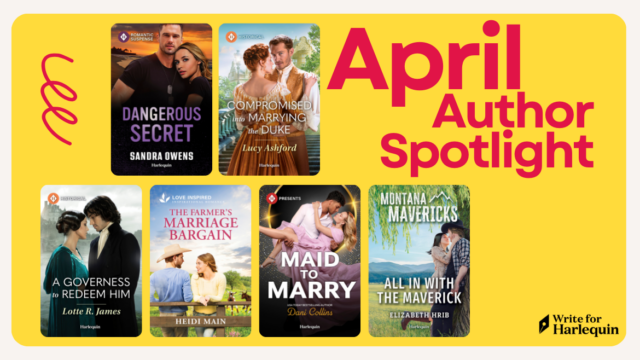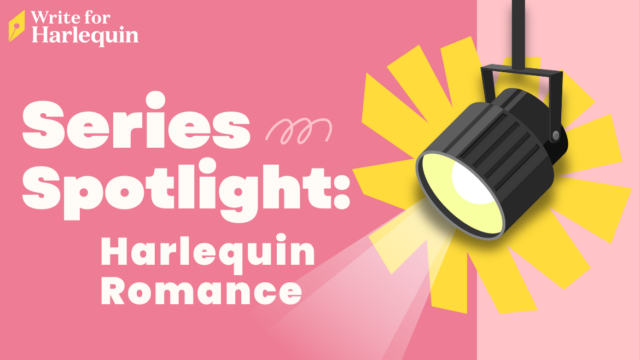
Query Letter
“A letter accompanying a manuscript submission to a publisher. The query (or cover) letter should showcase the book (plot and marketing hooks) and the author’s professional biography.”
That seems like a simple definition, but writing an effective query letter can be surprisingly complex. So today, let’s dig into query letters!
What is the purpose of the query letter?
When you submit your manuscript to a publisher, you are proposing a business partnership. The query letter is your opportunity to create a great first impression. A good query letter shows an editor that you and your manuscript are a good fit for the publisher. It outlines how your submission meets the requirements of the series and entices the editor to read the full submission by including the hooks.
The basics
So, what needs to be in your query letter? Here are the basics that should always be included:
- How the book meets the requirements of the series: This includes word count, story elements, sensuality level, setting, characters and (if relevant) point of view.
- The basic plot: We want to know who your characters are, what they want, and what happens that creates conflict and drama when they get together. It’s also helpful to know something about the tone or “mood” of your book: Is it fast paced and suspenseful? Dramatic and emotionally intense? Or light and humorous?
- The story hooks: Does your story contain evergreen tropes that romance readers love, such as fake relationship, enemies-to-lovers or marriage of convenience? What makes your handling of the tropes different? Are there other elements of the plot, setting or characters that are trending in the romance market? You can mention comparable titles (comps) to give us a sense of how your book is similar to (or different from) other popular titles.
- Your professional author bio: Tell us about writing credits, or courses you’ve taken, or personal experiences that relate to your submission or your romance writing journey. If you’re a first-time author, it’s fine to let us know!
What to leave out
Editors are busy people. Grab their attention with a clear, concise query letter and leave out the following:
- Backstory or too much plot detail: You don’t need to delve into your characters’ history or describe every scene. Focus on the hooks and main selling points for the series.
- Adjective-heavy description that’s mostly “vibes”: It’s easy to get bogged down trying to explain the themes or “feel” of your story. An editor can get a better sense of the suitability of your submission from the plot description.
- Unnecessary personal details in your bio: Your author bio should include information that will help the editor understand how you and your manuscript would be a great fit for us. Unique experiences and perspectives that influence your story and voice could be important. But telling us about your grandkids, pets, hobbies and the writing you’ve done for school or work assignments may not be.
Don’t sweat the small stuff
Some things that might have been important in the days of hard copy or emailed submissions don’t matter as much today. Don’t worry about the following:
- Addressing your letter to a specific editor: If you’ve met an editor in person or online, you can ask us to direct your submission to their attention. But don’t feel you need to.
- Providing detailed contact information: We can contact you (and you can message us) through Submittable when you submit your manuscript. You don’t need to include your address and phone number in your query letter.
Bonus tips
Here are a few tips from an editor who has read many query letters!
- Proofread your letter: Your query letter doesn’t need to be grammatically perfect, but you should reread it to remove typos and obvious mistakes. Do the best you can with grammar and spelling, and if you’re in doubt about your English grammar skills, ask a knowledgeable friend to proofread your letter for you.
- Get the details right: You’d be surprised at the number of times we’ve seen query letters with the wrong editor, series, or publisher name! There’s nothing wrong with submitting your manuscript to more than one publisher but using the same letter without changing the details doesn’t demonstrate your interest in working with us.
- Resist the temptation to do the editor’s job by telling them what they’ll think: Letting us know that your friends loved the book or that you are confident it will be the next bestseller won’t positively influence an editor’s decision.
- Make sure you actually write a query letter! A one-line, “manuscript enclosed”-style statement doesn’t show us that you’re serious about querying or entice us to open your submission. A good query letter is part of your submission package, so don’t leave it out!
Want to read more about query letters? Check out these other posts in our archive:
Advice from an Editor: Tips on Crafting Your Query Letter




